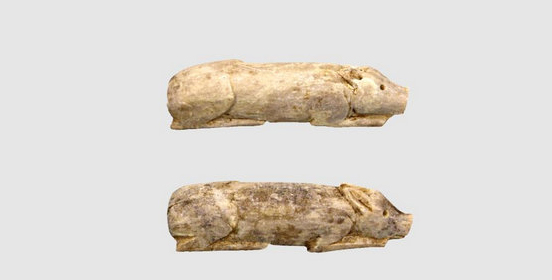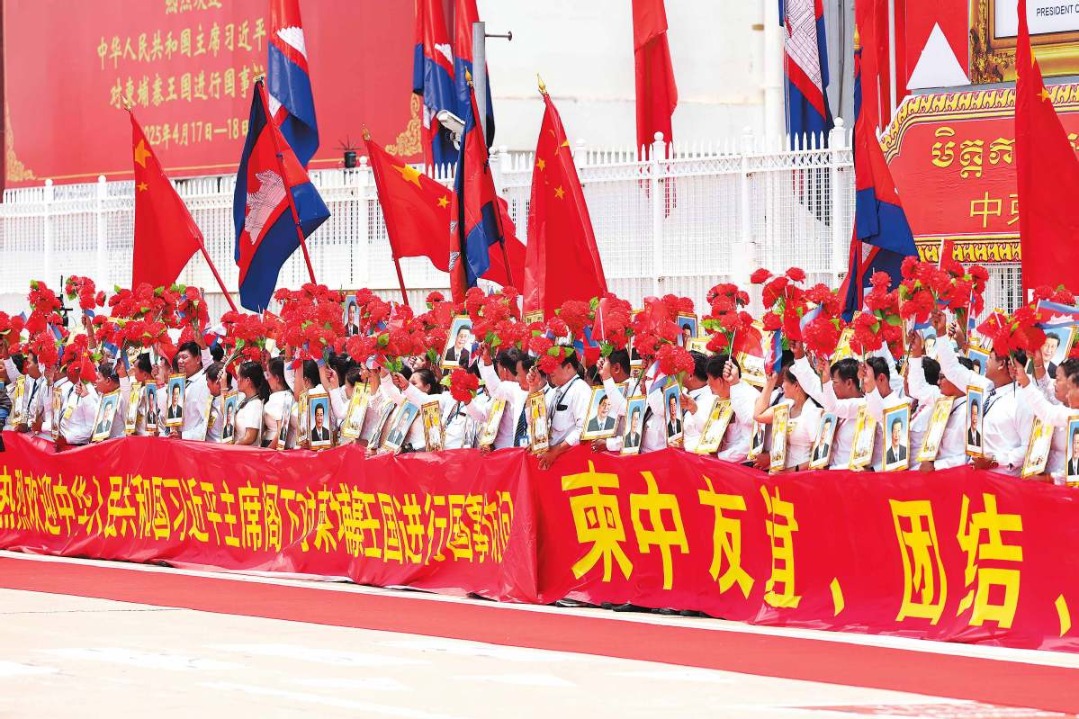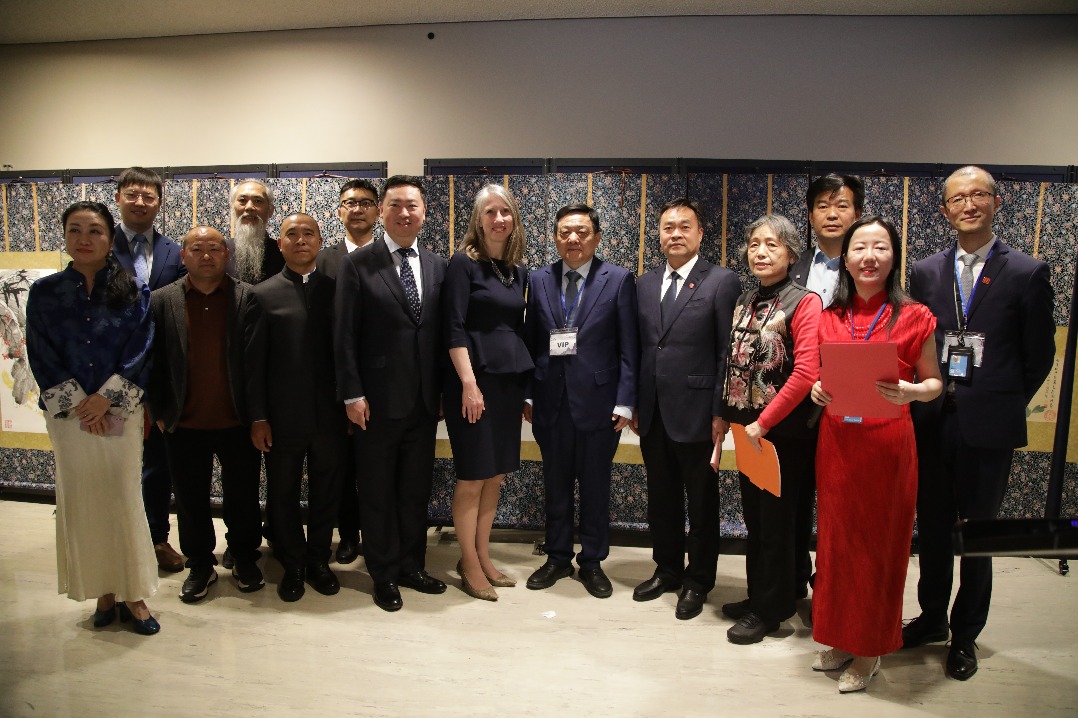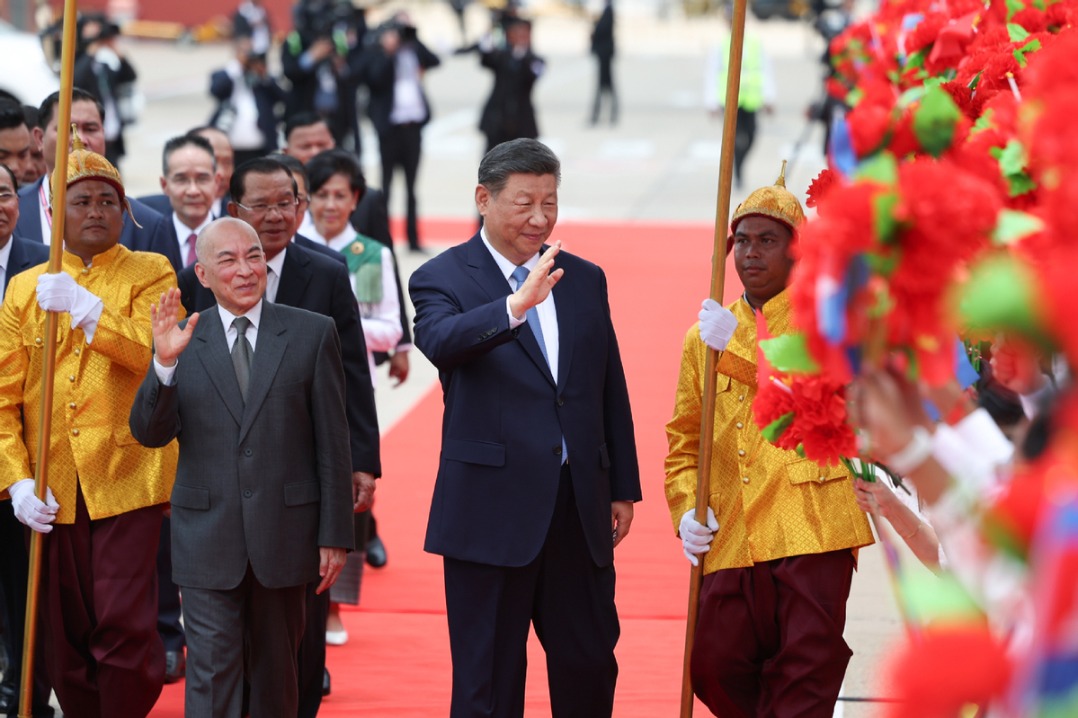Ancient noble tomb found in East China's Jiangsu
Xinhua | Updated: 2024-04-11 07:59

A noble tomb has been found in a cemetery dating back to the Six Dynasties period (222-589) in the city of Zhenjiang, East China's Jiangsu province, according to the city's cultural relics and archaeology institute.
The owner of the tomb, named Zhao Xuanzhi, was the uncle of an emperor during the Southern Dynasty (420-589).
Archaeologists found a bronze seal in Tomb No. 6 that helps identify the owner of the tomb. "The bronze seal found in Tomb No. 6 has been confirmed as Zhao Xuanzhi's personal seal. The age of the tomb is consistent with historical records," said Li Xidong, deputy director of the city's cultural relics and archaeology institute.
Twenty funerary objects were also unearthed from Tomb No. 6, mostly distributed near the altar at the front of the tomb chamber.
Archaeologists found 13 tombs during recent excavations, seven of which were brick chamber tombs of aristocrats from the Eastern Jin Dynasty (317-420) to the Southern Dynasty, while six others were pit tombs of civilians from the Ming and Qing dynasties (1368-1911).
Archaeologists said most of the tombs found in the cemetery of the Six Dynasties period belong to the Eastern Jin Dynasty, which provides evidence of people at that time moving from the north to the south. The discovery provides important clues and material data for the study of ethnic migration in Chinese history.
























